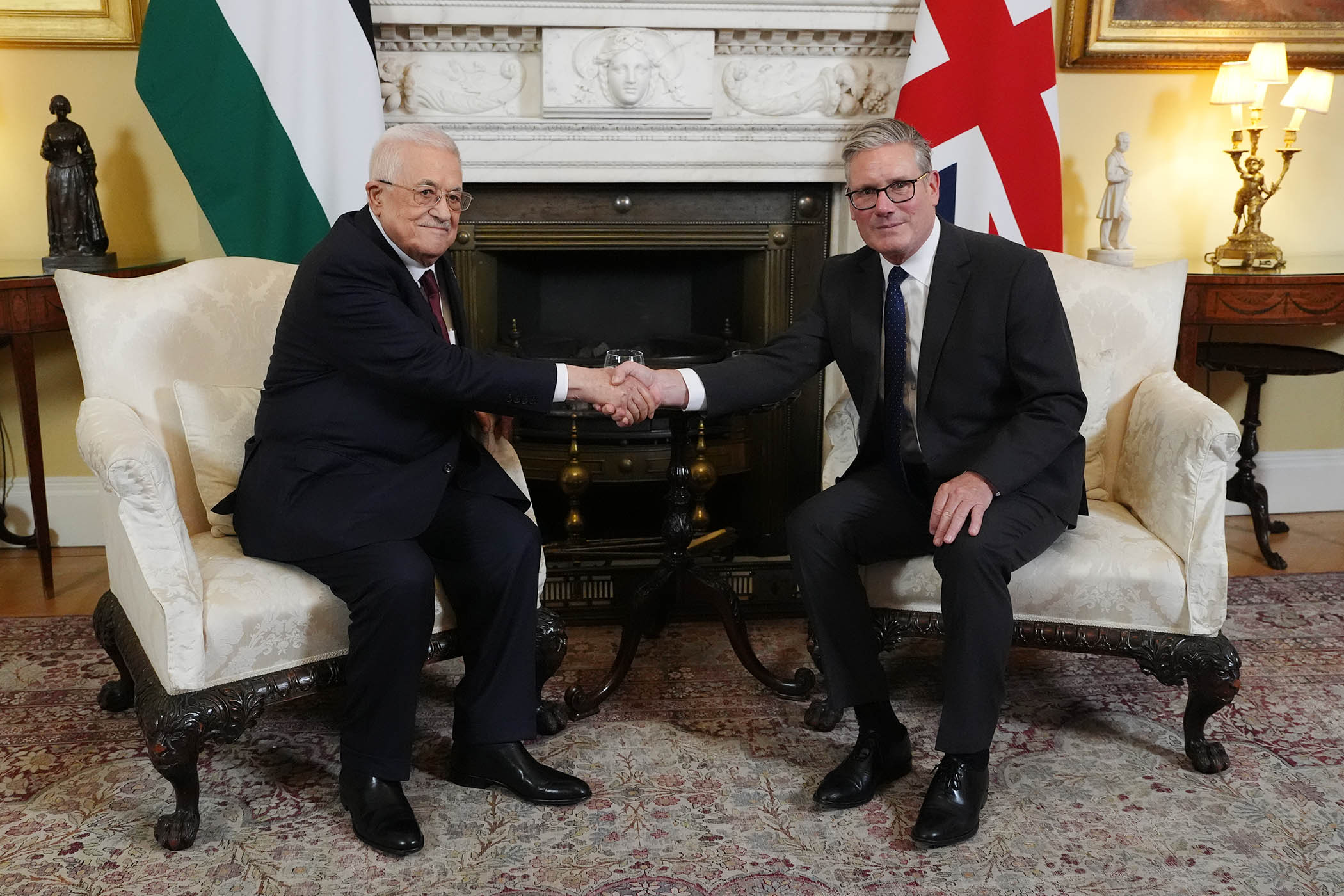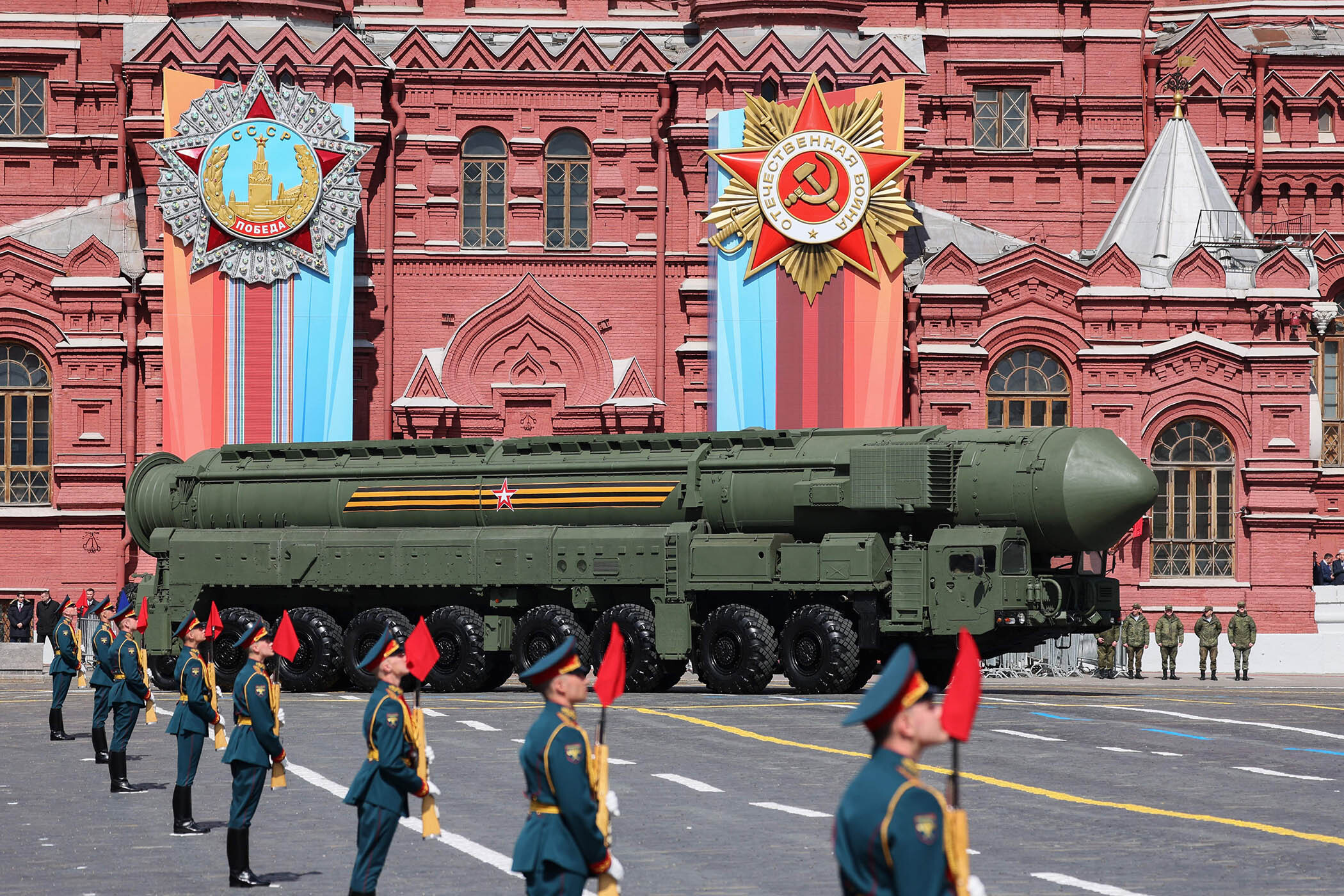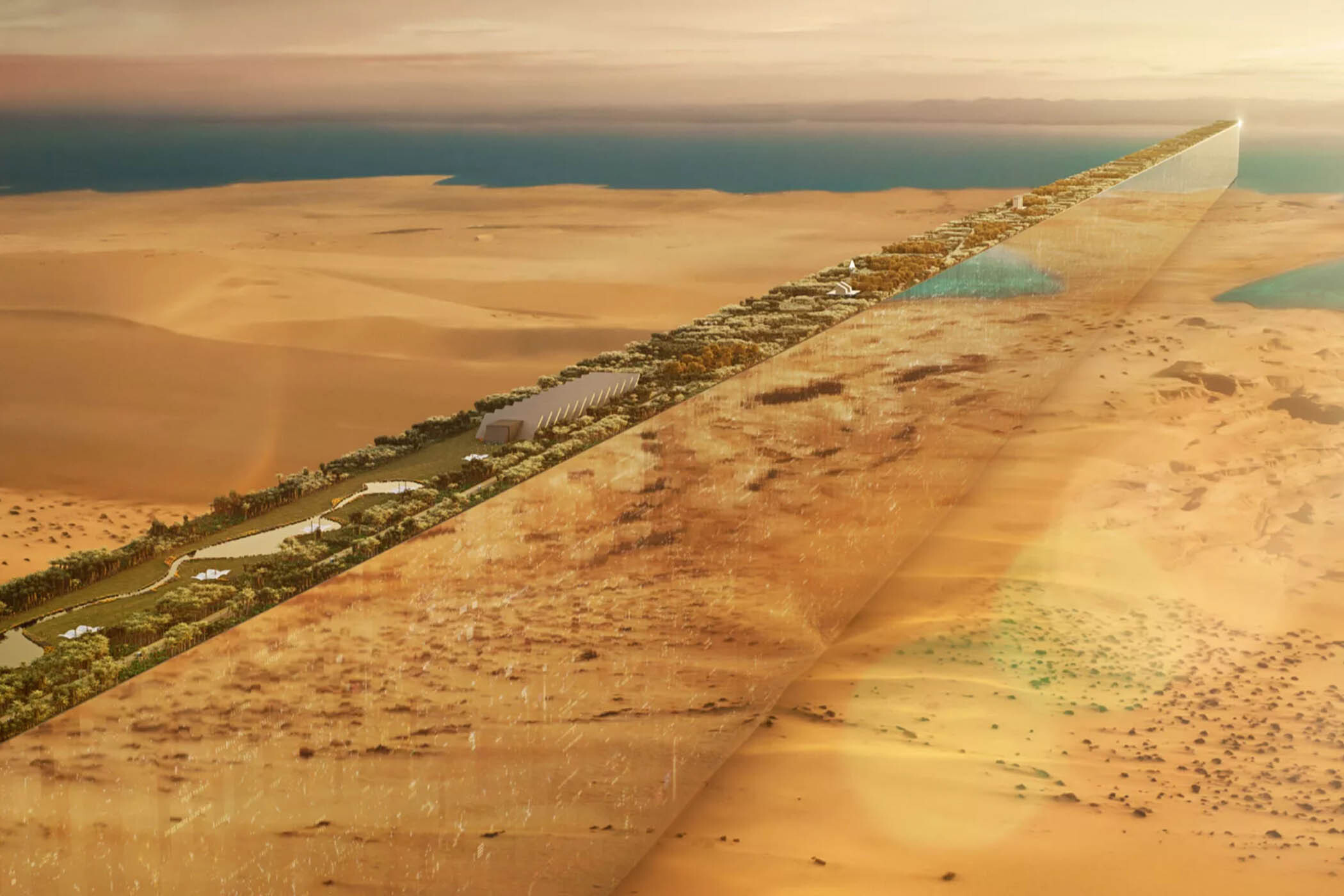The UK has formally recognised Palestine as an independent state.
So what? Most UN members already recognise Palestine, but few are allies of Israel. Canada and Australia also endorsed Palestinian statehood on Sunday, with France expected to make a similar announcement at the UN General Assembly today. The UK’s recognition of Palestine
•
signals displeasure with Israel’s conduct in Gaza;
•
may ease domestic political pressure on Keir Starmer; and
•
strengthens Palestinians’ aspirations of eventually obtaining their own state.
Pledge. In July Starmer committed to recognising Palestinian statehood by September unless Israel agreed to a ceasefire, committed to a long-term peace plan, allowed the UN to resume aid deliveries and revived the idea of a two-state solution.
Digging in. Israel took no heed. It has escalated the war, attempting to wipe out Hamas negotiators in Doha and launching an assault on Gaza City. It said that Starmer’s move on Sunday was “nothing but a reward for jihadist Hamas”.
Gesture. Recognising Palestinian statehood changes nothing on the ground in Gaza, where the situation continues to deteriorate. Nor does it affect conditions in the West Bank, which would be the location of a future Palestinian state. But Starmer said he hoped the move would “revive the hope of peace and a two-state solution”.
Mounting pressure. It also further isolates Israel, which risks becoming a pariah over its actions. Last week Spanish prime minister Pedro Sánchez, whose country recognised Palestine last year, called for Israel to be banned from international sports competitions.
Home front. Starmer had faced calls from his MPs to recognise Palestine, and perceptions that he was soft on Israel have damaged support for Labour among Muslim voters. But his position has gradually moved. In addition to recognising Palestinian statehood, Labour has
•
suspended some arms exports to Israel;
•
summoned Israel’s ambassador over plans to build more settlements in the West Bank; and
•
sanctioned finance minister Bezalel Smotrich and national security minister Itamar Ben-Gvir.
Is he gone? Starmer made the announcement three days after Trump finished his state visit to the UK. The US president has repeatedly indicated that he disagrees with it.
Consensus. The UK’s recognition of Palestine comes ahead of a meeting at the General Assembly on a two-state solution, chaired by France and Saudi Arabia, who have developed a peace framework calling for the release of Israeli hostages, the disarmament of Hamas and the creation of a Palestinian state. It was endorsed by 142 UN members earlier this month.
Recap. The UN first suggested partitioning Palestine into Arab and Jewish states in 1947, a year before Israel’s creation. The Palestinians rejected the idea because it involved surrendering territory they still controlled. A series of accords signed in the mid-1990s in Oslo cemented the idea of two states as the future resolution of the conflict.
Newsletters
Choose the newsletters you want to receive
View more
For information about how The Observer protects your data, read our Privacy Policy
Hardliners. But the construction of Jewish settlements in the West Bank has damaged prospects of a two-state solution. The current Israeli government is particularly opposed to the notion. It has expanded settlements and bulldozed communities in the territory, and withheld funds from the Palestinian Authority, with the aim of making a Palestinian future state unviable.
Verdict. “Virtually every European leader supports a two-state solution, but none of them have a political strategy of how they would ever create a genuine, viable state of Palestine when 700,000 Israeli settlers occupy the territory,” Michael Lynk, a former UN special rapporteur, told The Observer. “It’s simply ‘Let’s recognise the state of Palestine and cross our fingers that a state will emerge.”
Case in point… Earlier this month Smotrich outlined a plan to annex more than 80 per cent of the West Bank. In August he announced a new settlement project of 3,400 homes that would effectively divide the territory in two, which he said “buries the idea of a Palestinian state”.
Related articles:



